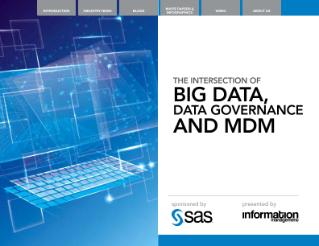
Does it upset you when you log onto your healthcare insurance portal and find that they spelled your name wrong, have your dependents listed incorrectly or your address is not correct? Well, it's definitely not a warm fuzzy feeling for me! After working for many years in the healthcare, pharmaceutical and













